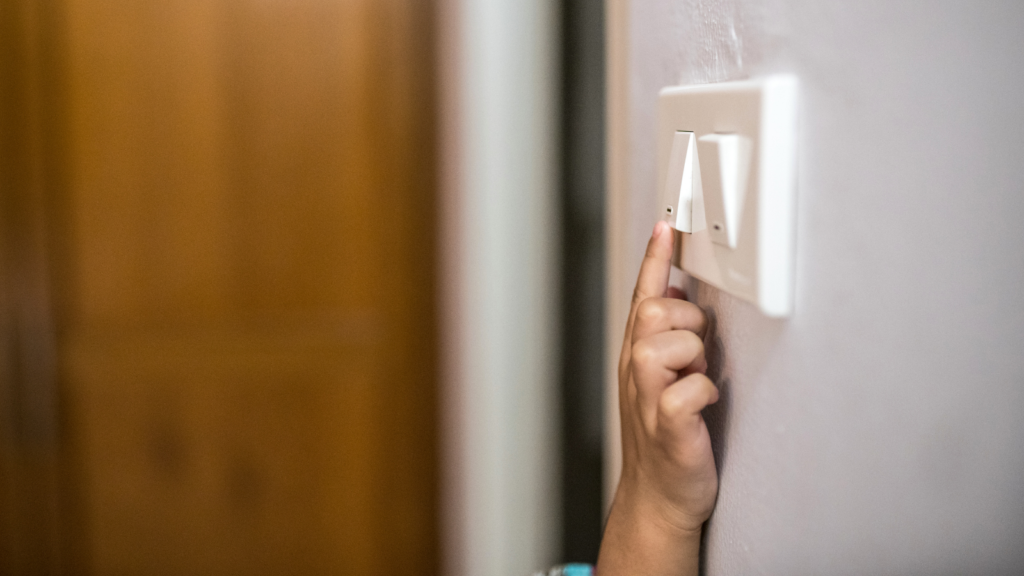Posted February 04th 2021
I turned 11 in the July and started secondary school in the September.
Almost instantly on my first day, I made a new best friend, Emily.
She came round for tea on the Friday of the second week. Those details may seem irrelevant, but looking back that day represents a landmark.
On the following Monday, Emily didn’t want to be my friend anymore.
If it had been as clear-cut as this, merely a friendship not meant to be, it could’ve been ok.
After all, the stinging of rejection would’ve dissipated with time as I bonded more with the other girls in the year.

However, it didn’t end there. Emily replaced cordial exchanges with one-sided insults that are foreign in friendships and any sociable conversation; those that scream hatred and disgust of the other person.
Alongside these remarks, she jeered at me and embarrassed me, and before long had encouraged the year group to join in. At the least, the other girls would ignore me, and at most, they would copy her behaviours.
Once, Emily asked the year group to raise their hands if they didn’t like me, and I saw a sea of hands in the air.
When the voice began
About a month after this began, I started becoming very worried that I had done something awful, that I wasn’t aware of, and that I was going to get in trouble, specifically with the police.
This obsession consumed me and I was terrified.
Another type of thought soon developed afterwards, that I named ‘the voice in my head’.
It might seem strange that I personified it in this way when it couldn’t talk like voices usually do. However, I did so because I didn’t recognise them as my own thoughts, and it made more sense that they would be another entity entirely.

The voice began making demands and setting me tasks, and I was eager to oblige because the demands came with the promise that I wouldn’t get into the trouble that I feared if I completed them.
Examples often included doing something multiple times, such as turning the light switch on and off. When I had completed the initial task the voice would order me to do it again, and then five, ten, twenty more times.
I would never challenge the voice because these tasks were minuscule to me in comparison to my fear of getting into trouble: it felt like a no-brainer.
Completing a task was accompanied by a surge of relief, but this gradually got smaller as time went by, and the gap before beginning the next task grew shorter.
One night soon after the voice arrived, I was tasked with running up and down all the stairs in the house.
My mum almost instantly noticed, and what I was doing, and why, soon transpired.
She attempted to console me and explain that my worries were not true, but nothing comforted me apart from completing the tasks.
A couple of days later I was diagnosed with obsessive-compulsive disorder (OCD) by a psychiatrist.
She explained that the voice was my compulsions, and my worries about getting into trouble were my obsessions. I didn’t stop calling my compulsions ‘the voice’.
Searching for support
Unfortunately, the provisions for children with OCD in 2008 were limited, and the therapy sessions I received were not targeted enough to help.
My compulsions continued to evolve and were present in every aspect of my life.
After time, the voice had so much power that I could no longer choose what clothes to wear or what to eat.
Whatever I wanted to choose, I had to choose the opposite, and even the most mundane decision was a battle between my thoughts and the voice.
Leaving the house was difficult because every new environment was a breeding ground for compulsions and horrifying decisions.
Specifically, the combination of bullying and the voice meant I eventually couldn’t go to school.

Rationally, my behaviours could not prevent the things I feared from happening, but this is characteristic of OCD according to the DSM-5.
Moving school quietened my OCD and helped me to feel a bit better. Over the years, my OCD has manifested in a number of ways, with both the obsessions and compulsions changing.
I’ve been told that some of the girls felt too intimidated to stand up for me, but I know it would have changed things for the better if they had.
Please speak out
So I wanted to encourage anybody that is reading this: even though it’s frightening, please speak out if you feel something is wrong.
Secondly, if you’re going through a difficult time, please ask for help even if you feel it’ll be useless.
In my case, I was sure that my OCD experience was unique and that nobody else could possibly understand.
This gave my OCD power.
However, everybody experiences intrusive thoughts like those that OCD sufferers experience, so there are lots of people who can help.
I wish I could show my 11-year-old self how life would be 12 years on and all the things that I’ve done.
Most of all, I wish I could tell her that she didn’t need to be terrified, that it wouldn’t always have such a hold over her.
I am not fully recovered, but my OCD loses power every day that I challenge it.
Support
- Young Minds – OCD
- OCD UK – pocket guide for young people
- Royal College of Psychiatrists – OCD in children and young people
Read more
- NCMH Research Champion – Munzir
- Phobia charity opens support group in Wales 2018
Sign up now and receive new blog posts to your inbox.
